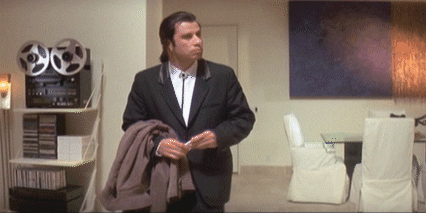Blog
Check out what the world's marketing mavens are reading to bring their personalization strategies to life.

There's nothing here... Try looking for something else.
Think Summit NYC, June 16-17.
Early bird pricing is here. Sale lasts until April 10th.
Check out what the world's marketing mavens are reading to bring their personalization strategies to life.

There's nothing here... Try looking for something else.

